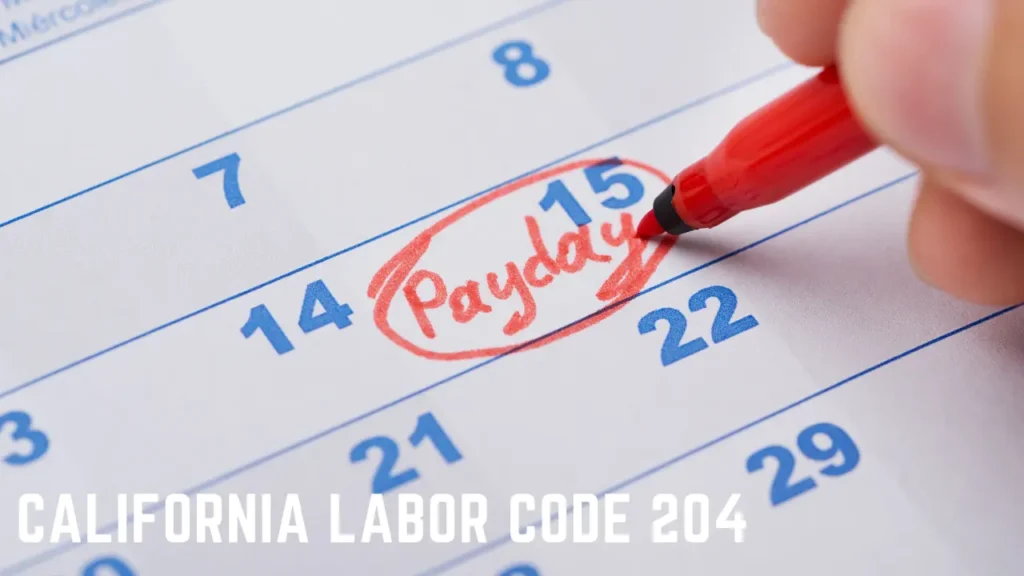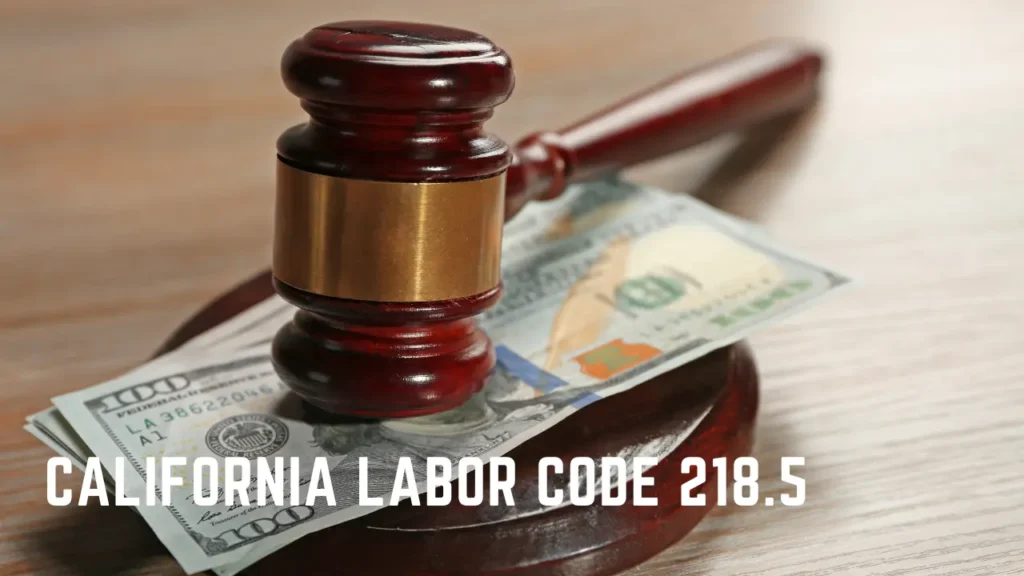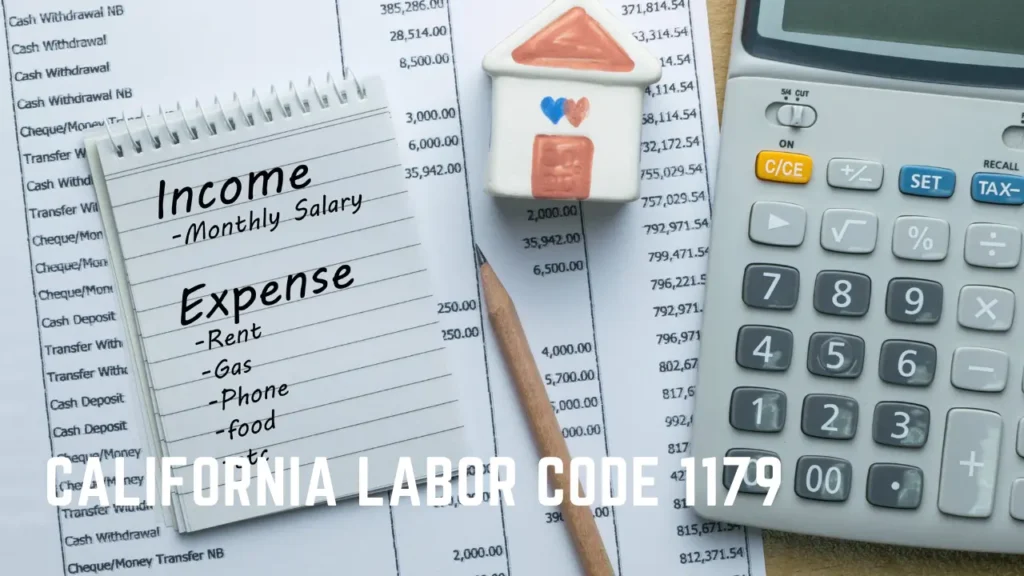Table of Contents
ToggleThis facet of harassment presents unique challenges, necessitating an understanding of employer liability under the Fair Employment and Housing Act, as well as the implications of negligence in addressing such cases. This discourse aims to shed light on these complexities, offering a nuanced perspective on an employer’s responsibility in preventing harassment, the significance of their response to complaints, and the balance between safeguarding employee rights and maintaining client relationships.
The ensuing exploration promises to unravel intriguing insights and provoke thoughtful reflection on this compelling issue.
Understanding Workplace Harassment by Supervisors
Understanding harassment by supervisors, a critical component of workplace dynamics, requires a comprehensive grasp of various behaviors that can constitute such misconduct and the legal implications for the employer. This form of harassment can manifest as quid pro quo sexual harassment or a hostile work environment.
From a legal standpoint, employers are strictly liable for any harassment perpetrated by supervisors. This liability depends on the working relationship between the harasser and the victim. Supervisors, under the Fair Employment and Housing Act, are broadly defined as anyone with authority to hire, discipline, or direct other employees.
Conclusively, the employer’s knowledge and response to complaints are pivotal factors in determining liability, making it essential for employers to take reasonable measures to prevent and correct harassment.
Liability in Non-Supervisor Workplace Harassment
While harassment by supervisors is a well-acknowledged issue, it is equally crucial to address the liability concerns surrounding non-supervisor harassment in the workplace.
Employers can be held liable for non-supervisor harassment if they are found negligent in addressing the situation. Negligence can be established if the employer knew, or reasonably should have known, about the harassment and failed to take immediate and appropriate corrective action.
Furthermore, the employer’s response to complaints or signs of harassment plays a significant role in determining liability. Therefore, it is essential for employers to cultivate a safe working environment by promptly addressing all forms of harassment, irrespective of the harasser’s position within the organization, to avoid potential legal repercussions.
Dealing With Workplace Harassment by Customers
In the realm of workplace harassment, it is imperative to consider the complex challenges associated with handling harassment perpetrated by customers or clients. This form of harassment can be particularly insidious, as it often occurs in the context of a business relationship where the balance of power may be skewed towards the customer.
Employers should prioritize the safety and well-being of their employees over customer relationships. It is crucial to have clear policies in place that define customer harassment and outline the steps for reporting and addressing such incidents. Companies must provide training and support to employees, enabling them to effectively handle such situations without compromising their dignity or self-respect.
Addressing customer harassment demands a proactive, empathetic, and firm approach from employers.
Employer’s Role in Preventing Harassment
Preventing workplace harassment is a critical responsibility that employers must prioritize, fostering a safe and respectful environment for all employees. Employers must take proactive steps to establish clear policies, provide regular training, and encourage open communication.
It is essential that mechanisms for reporting incidents are confidential and easily accessible to every employee. The employer’s role also includes a swift and fair response to any reported incidents. An apathetic reaction can exacerbate the issue and potentially lead to legal implications.
A zero-tolerance approach towards harassment, irrespective of the perpetrator’s position, is vital in building a harmonious workspace. Thus, employers hold the key to mitigating workplace harassment, setting the tone for a culture of respect and dignity.
Assessing Third-Party Sexual Harassment
Navigating the complex issue of third-party sexual harassment requires careful assessment and proactive measures from employers to ensure a safe workplace environment for their employees. This involves a deep understanding of the legal obligations and the implementation of effective strategies to address and prevent such harassment.
Employers must maintain a zero-tolerance policy towards all forms of harassment, irrespective of whether the perpetrator is an employee, customer, client, or contractor.
Regular training should be conducted that educate employees about their rights and the proper channels to report any incidents of harassment.
A robust response system must be in place, ensuring that all complaints are taken seriously, investigated thoroughly, and addressed promptly, without fear of retaliation.
These steps foster a respectful working environment and help mitigate potential liabilities.
Obligations and Liability of Employers
Undoubtedly, employers carry a significant responsibility to protect their employees from all forms of workplace harassment, a duty bound by law and ethical considerations alike. Failure to fulfill this obligation can result in legal liability.
Employers are expected to implement proactive measures such as maintaining a zero-tolerance policy, providing regular training, and fostering an open environment for reporting any incidents of harassment. Equally critical is the prompt and impartial investigation of all complaints.
Moreover, employers may be held accountable for workplace harassment by non-employees, such as clients or customers, if the employer becomes aware of the misconduct yet fails to take appropriate action. As such, employers carry the burden of vigilance, responsiveness, and fostering a safe work atmosphere.
Establishing Harassment in the Workplace
While employers bear the responsibility of preventing and addressing harassment, it’s equally crucial to understand how to properly identify and establish instances of harassment in the workplace. This can be a complex process, due to the various forms harassment can take, and the different contexts in which it can occur.
- Evidence collection: Documentation is key. This includes emails, text messages, or witnesses that can substantiate the harassment claim.
- Reporting: The victim should report the incident to the appropriate authority within the organization, typically human resources or a designated supervisor.
- External complaint: If the internal response is inadequate, a complaint may be filed with an external body, such as a state Human Rights Commission or the Equal Employment Opportunity Commission. This step assists in establishing the seriousness and validity of the claim.
Conclusion
In conclusion, it is imperative for employers to uphold an unwavering commitment towards preventing workplace harassment, irrespective of the harasser’s position or relationship with the company. Employers must appropriately respond to complaints, uphold their legal obligations, and enact preventative measures to foster a harmonious work environment.
By understanding the various dimensions of liability, especially in cases involving non-supervisors and non-employees, employers can better protect their employees and organizations from the damaging effects of workplace harassment.














